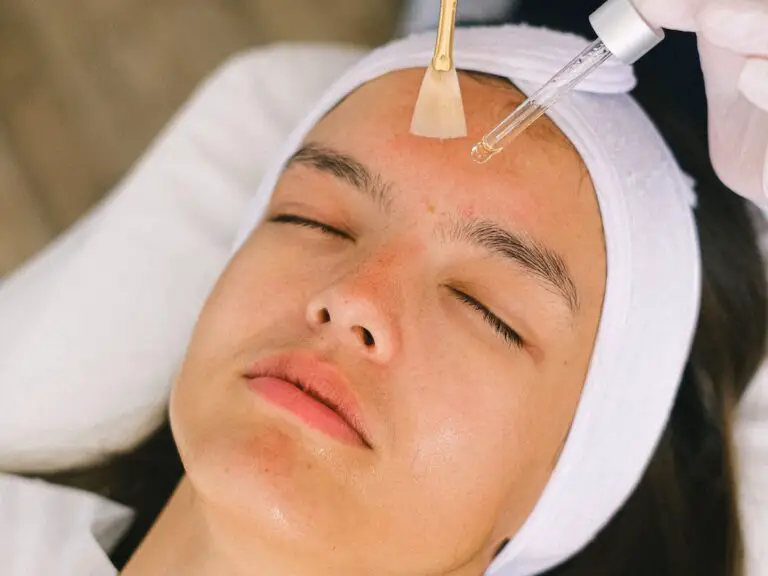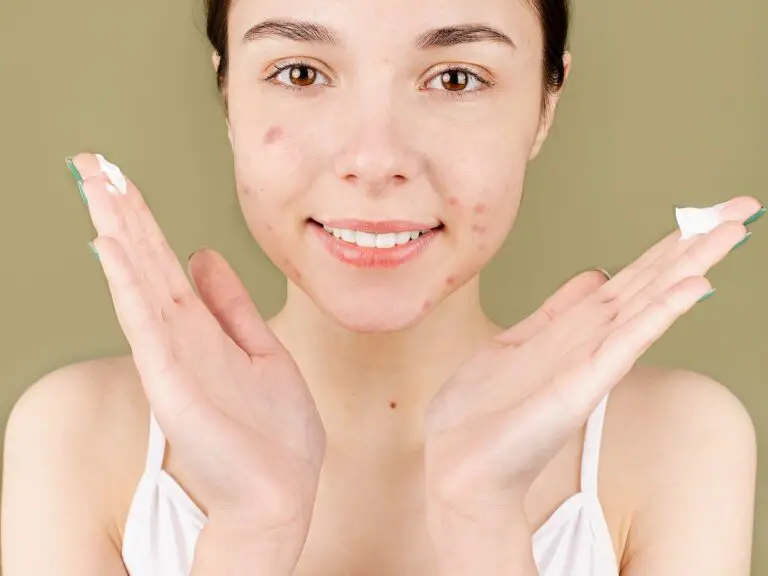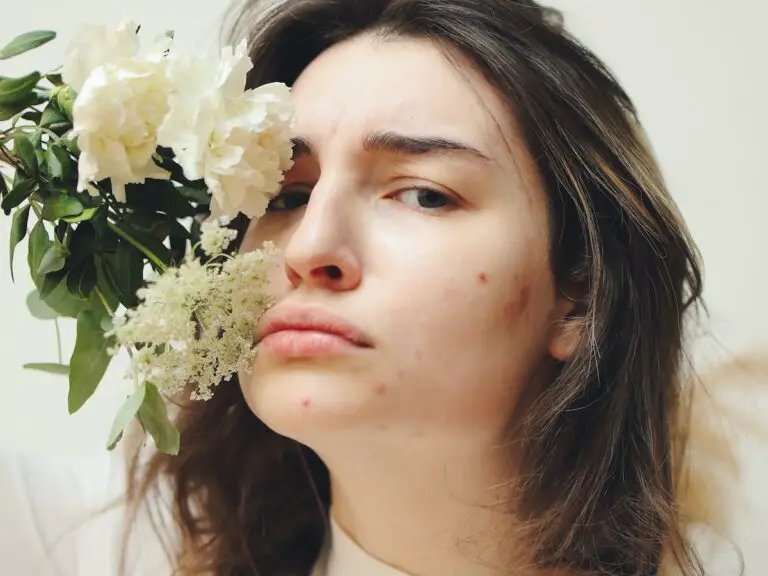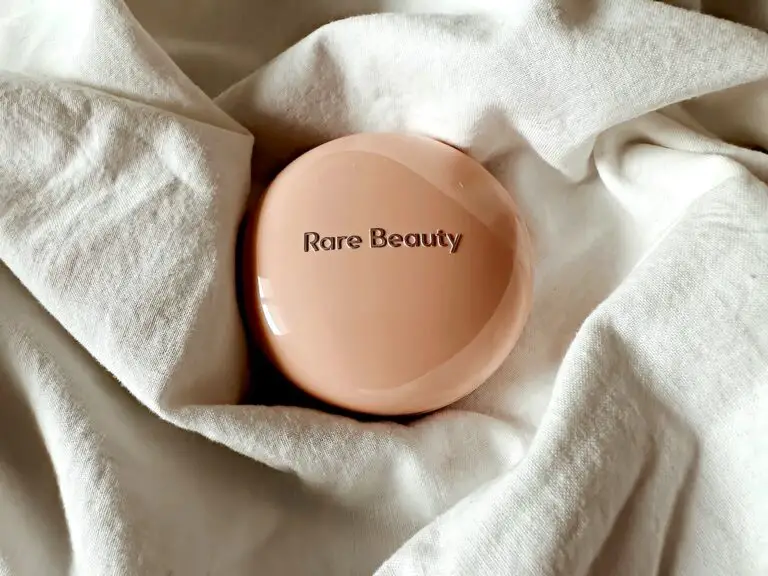Causes and Solutions for Acne After Marriage (Comprehensive Guide)
Medically Reviewed by;
Dr. Kashif
General Physician
Senior Medical Writer
Love is beautiful, but it’s not so beautiful when pimples show up when you least expect them. Even after saying “I do,” many couples still have to deal with the annoying problem of acne.
But don’t worry; you can learn what causes acne after marriage and find effective treatment methods.
In this interesting piece, we’ll discuss the different things that can cause breakouts after marriage and the best ways to deal with them. We’ll find out what’s going on with your skin, from hormone changes to stress to how you live your life. We’ll also give you tips and information from experts on preventing and treating acne, so you can enjoy being married with confidence and clear skin.
So, if you’re ready to get rid of those annoying pimples and get your beautiful skin back, keep reading to find out how to be happy in your marriage without getting pimples.
Table of Contents
Understanding the Causes of Acne After Marriage
Acne is commonly associated with adolescence, but it can continue far into adulthood, even after a person has gotten married. Hormonal shifts are thought to be one of the key contributors to acne that develops after marriage. When two people decide to embark on a long-term committed relationship, both bodies experience various hormonal shifts. These changes have the potential to throw off the body’s finely-tuned hormonal equilibrium, which can result in an increase in sebum production and clogged pores.
In addition, there is a correlation between getting married and increased stress levels, which can worsen acne breakouts. It is essential to have a deep understanding of the factors contributing to acne after marriage and to take direct action to address them.
Hormonal Changes and Acne
Marriage is not an exception to the rule that hormonal shifts may wreak havoc on our complexion because they can. The body’s hormonal balance can be disrupted by a range of factors, such as experiencing strong emotions, making significant changes to one’s lifestyle, and even using particular birth control methods. The hormonal changes in women during their menstrual cycles may also be a factor in the development of acne outbreaks.
The levels of estrogen and progesterone fluctuate throughout the month, and these hormonal fluctuations can cause increased sebum production and pore clogging. Estrogen and progesterone levels fluctuate during the month. It is necessary to understand the connection between hormonal changes and acne to identify the appropriate methods to manage acne that occur after marriage.

Stress and Acne: The Impact of Married Life
Even though marriage is unquestionably a happy and meaningful partnership, it also has the potential to bring about a certain amount of stress. More responsibilities around the house and more financial demands are just two examples of how married life can be stressful, affecting our mental and physical health. It is well known that stress can cause hormonal imbalances and can also cause an increase in inflammation inside the body. Both of these factors can contribute to the development of acne breakouts.
In addition, stress can cause disruptions in our normal patterns of sleep, interfere with our ability to keep a balanced diet, and even influence how we care for our skin. Acne can be prevented and treated more effectively after marriage if stress is effectively managed. This is true not just for our general health but also for our complexion.
Diet and Lifestyle Factors Contributing to Acne After Marriage
How healthy our skin is depends a lot on what we eat and how we live. When a pair marries, they may start eating differently, which can change their skin condition. When you eat too many prepared foods, sugary snacks, and dairy products, you can cause inflammation and make acne worse. Also, not getting enough sleep, not drinking enough water, and not exercising can all slow down the body’s natural cleansing processes, which can cause toxins to build up and show up as acne.
Managing and preventing acne after marriage can be easier if we pay attention to what we eat and how we live.
Skincare Routine for Managing Acne After Marriage
Getting rid of acne after marriage requires keeping up with a good skincare practice. Use a gentle cleaner that is right for your skin type twice daily to get rid of dirt, oil, and makeup. Exfoliating your skin once or twice a week might assist in unclogging your pores and removing dead skin cells from your surface. Choose skincare items that aren’t comedogenic and won’t make your pores clog. Additionally, incorporating acne-fighting substances into your routine, such as salicylic acid or benzoyl peroxide, can assist in reducing redness and putting an end to acne after marriage. Even if your skin is oily, don’t forget to moisturize it. Maintaining an adequate water balance is crucial for a skin’s health.
Natural Remedies for Treating Acne After Marriage
There are a few different treatments that you can try if you want to take a more natural approach to clear up acne after you are married. Tea tree oil, well-known for its antibacterial characteristics, can be topically applied to the affected regions to reduce inflammation and kill germs that cause acne. In addition to promoting faster healing of acne lesions and calming inflamed skin, the calming and healing effects of aloe vera gel can assist in alleviating skin irritation.
In addition, including anti-inflammatory foods like turmeric and green leafy vegetables in your diet might help lessen the inflammation caused by acne from the inside out.
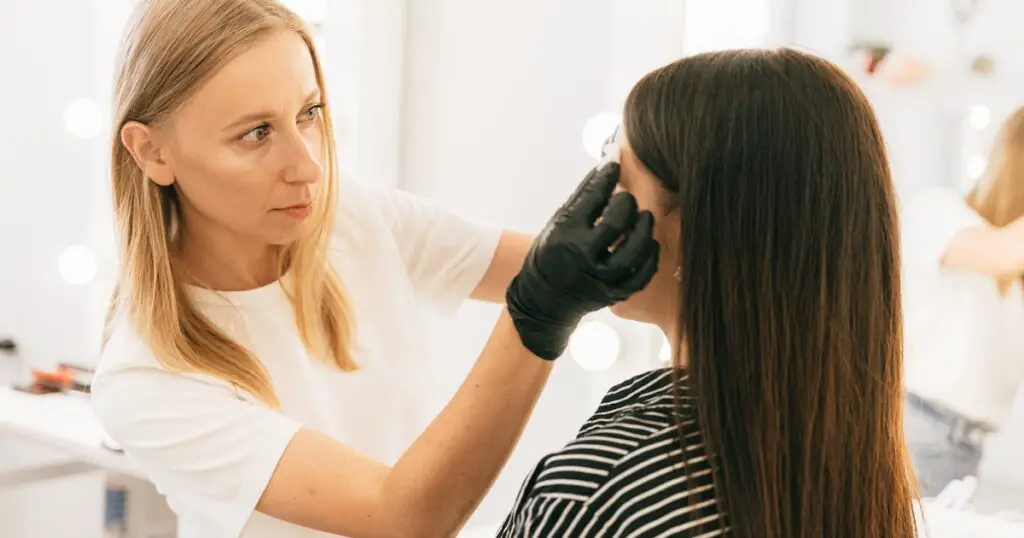
Over-the-Counter Treatments for Acne After Marriage
Treatments available over the counter have the potential to be beneficial in the management of acne that occurs after marriage. You should look for products that contain substances such as salicylic acid, benzoyl peroxide, or retinoids, as they can help unclog pores, reduce irritation, and stimulate the turnover of skin cells. However, to prevent skin irritation, it is necessary to perform a patch test before using any new items and to begin with a low concentration.
When using over-the-counter treatments, consistency is essential; therefore, be patient and allow ample time for your skin to adjust to the new items you are using.
Dermatologist’s Advice for Acne After Marriage
If over-the-counter treatments and natural cures aren’t doing the trick, it might be time to see a doctor. A dermatologist can look at your skin, find any underlying causes of acne, and give you treatment choices that are right for you. For more serious cases of acne after marriage, they may prescribe oral antibiotics or topical retinoids, among other things. Chemical peels or laser treatment may also be suggested to improve the skin’s texture and reduce acne scars.
Preventing Acne After Marriage
When it comes to acne, it’s always better to avoid it than to treat it. Adopting a healthy skin care practice can do a lot to stop breakouts after you get married. To keep a healthy skin barrier, wash your face twice daily, exfoliate it often, and put lotion on it. Don’t touch your face often during the day because it can spread bacteria and grease to your skin. To keep pores from getting clogged, it’s also important to choose makeup and skincare items that aren’t comedogenic. Lastly, you can deal with worry by learning how to relax, exercising regularly, and living a balanced life.
Conclusion
Acne after marriage can be annoying and make you feel less confident, but it doesn’t have to be your life story as a married person. You can get your clear, healthy skin back if you know what’s causing it and do what works to fix it. You can fight post-marriage acne by dealing with hormonal changes, lowering your stress level, and starting a healthy skin care practice. Self-care and caring for your skin will help you feel confident in your marriage and give you a clear, glowing face. Remember that it is possible to have clear skin after getting married; you deserve to look and feel your best every day.
FAQs
Pimples after marriage can be caused by various factors such as stress, hormonal changes, dietary changes, or increased levels of intimacy. The combination of these factors can disrupt the balance of the skin and lead to breakouts. Maintaining a healthy skincare routine, managing stress levels, and making dietary adjustments can help alleviate acne symptoms after marriage. Consulting with a dermatologist can provide personalized advice and treatment options to address specific concerns.
To get rid of wedding acne, establish a consistent skincare routine that includes gentle cleansing, exfoliation, and using non-comedogenic products. Avoid touching or picking at the acne and consider incorporating topical treatments with ingredients like salicylic acid or benzoyl peroxide. Additionally, maintaining a healthy lifestyle with a balanced diet, managing stress levels, and getting enough sleep can help improve skin health and reduce acne breakouts after marriage.
While a stressful relationship alone may not directly cause acne, chronic stress can contribute to hormonal imbalances and increased inflammation, which can exacerbate acne breakouts after a relationship. Stress can also disrupt healthy lifestyle habits, such as sleep patterns and dietary choices, which may indirectly impact skin health. Managing stress through healthy coping mechanisms, communication, self-care practices, and seeking support can help reduce the potential for stress-related acne.
Determining whether acne is bacterial or hormonal requires a professional assessment by a dermatologist. Bacterial acne is often characterized by inflamed, pus-filled lesions, while hormonal acne tends to manifest as deep, cystic breakouts around the jawline and chin. A dermatologist can examine the skin, consider medical history, and may conduct additional tests to determine the underlying cause and recommend appropriate treatment options tailored to the specific acne type. Seeking professional advice is essential for an accurate diagnosis and effective management of acne after marriage.
Acne is typically caused by a combination of factors such as genetics, hormones, diet, and skincare habits. While stress or lifestyle changes associated with a new relationship might contribute to acne breakouts, it is unlikely that your partner directly causes acne. However, if you notice a correlation between relationship stress and increased acne, it is important to address underlying stressors and practice self-care to manage acne effectively. Consulting with a dermatologist can provide personalized guidance and treatment options for managing acne after marriage.
Disclaimer:
This article is for educational purposes only, and does not substitute any medical advice. Always consult a qualified healthcare professional for personalized advice before trying new treatments or medications.

General Physician
Senior Medical Writer


